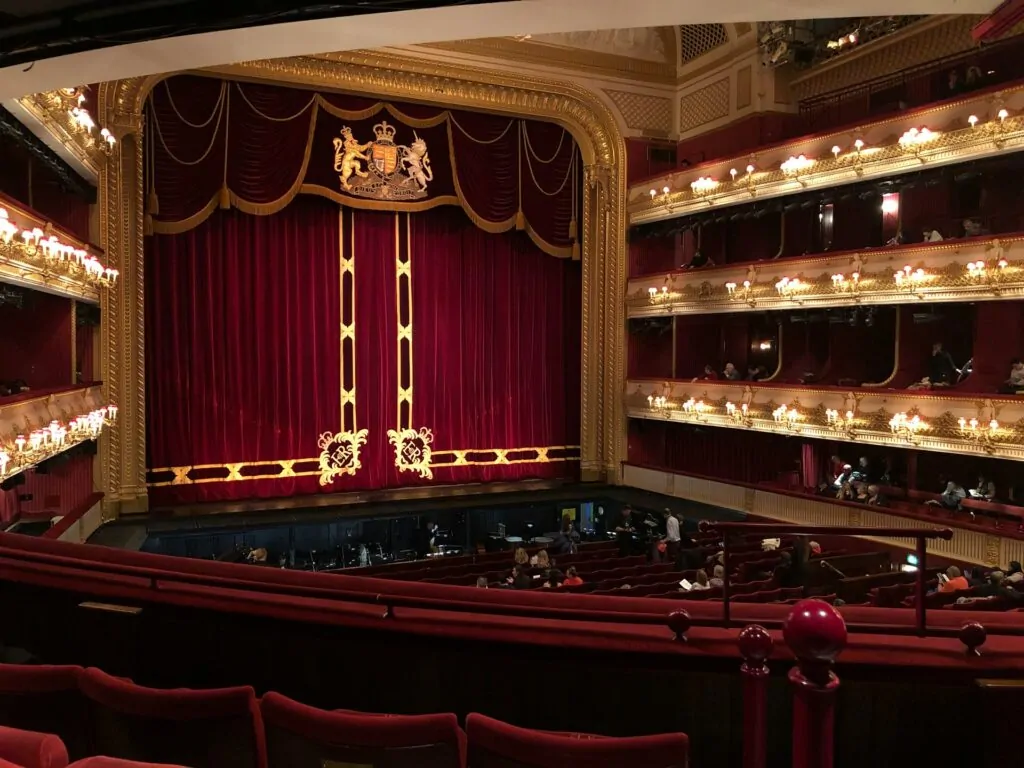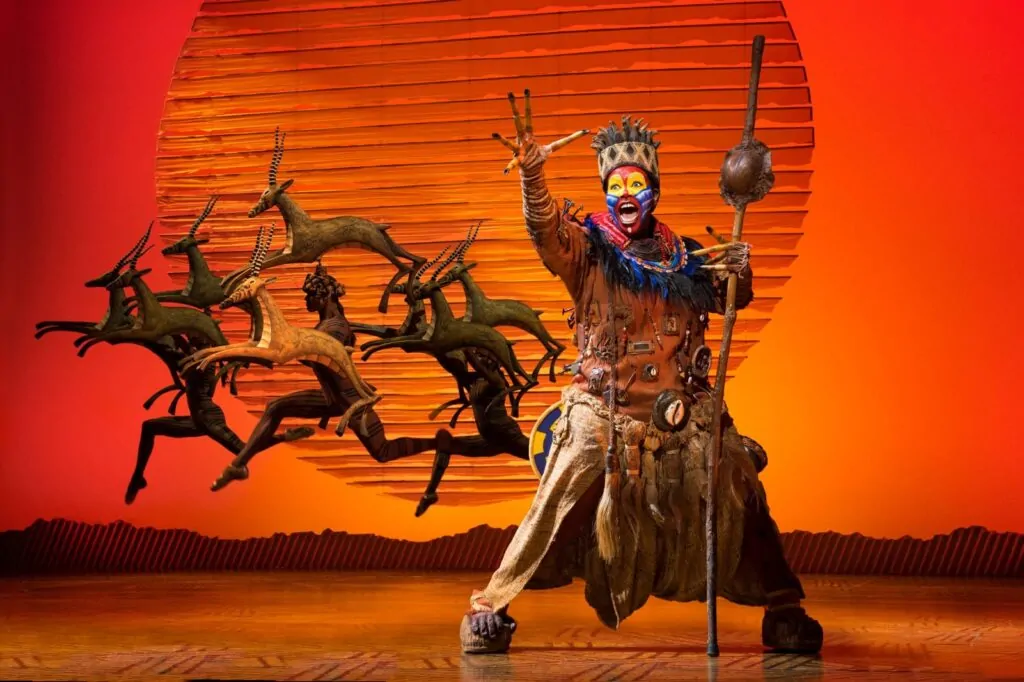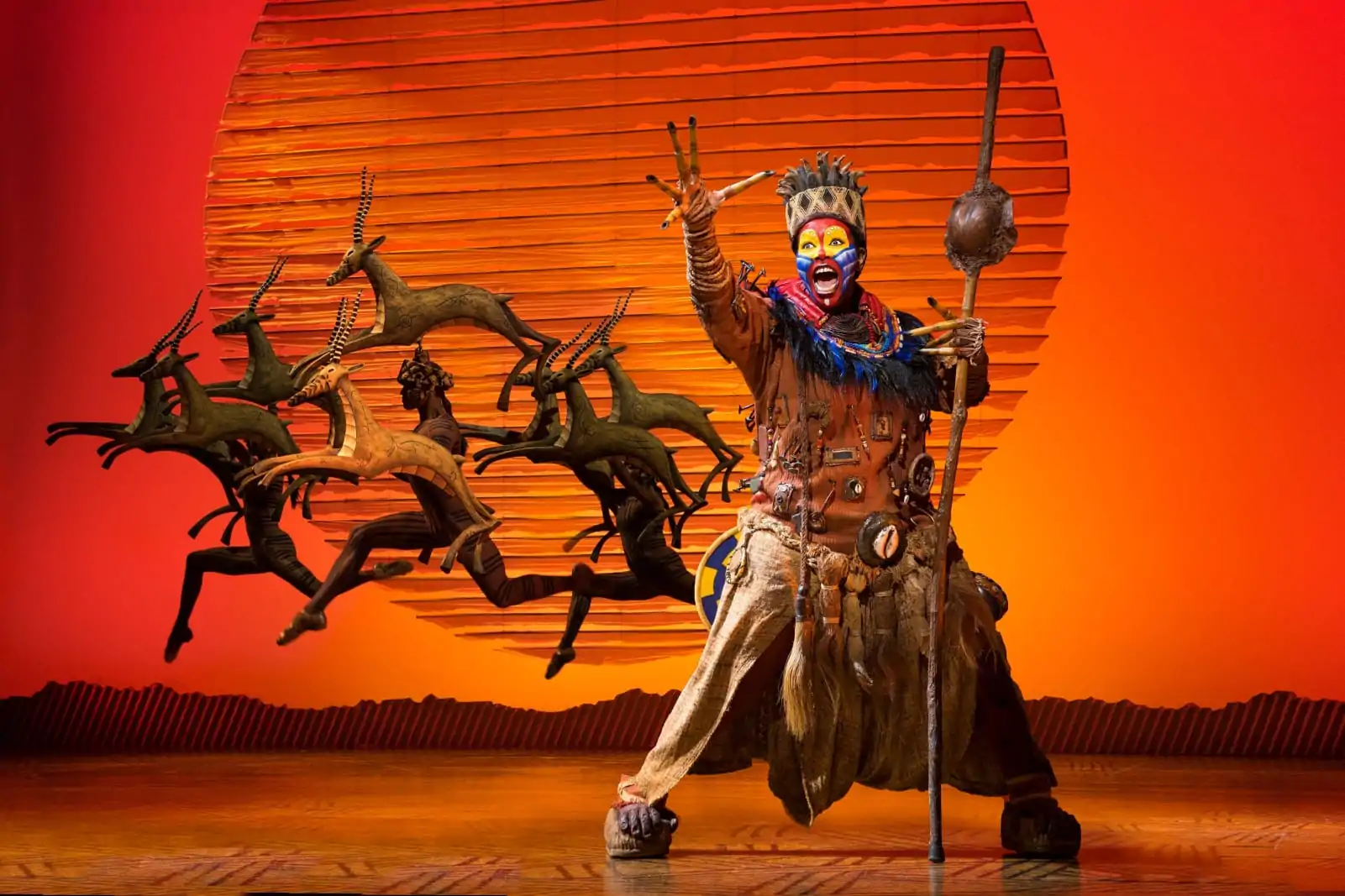Since 1999, when The Lion King opened in London‘s West End, the musical theatre production has entertained millions of people all over the world with its brilliant artistry, grand story and avant-garde staging. Adapted from the Disney cartoon movie of 1994, it made its leap from stage to screen and rose above its humble beginnings into one of the longest-running and most popular shows in the UK.
Now in its 2024 reign at London’s Lyceum Theatre, The Lion King is so much more than an entertainment juggernaut; it is also a rich source of artistic inspiration that will forever leave an indelible mark on the UK’s theatre and cultural landscape.
Booking Tickets with Ease
It is befitting to share where people can access this wonderful and revolutionary play. With technology making it easy to book tickets, audiences have continued to throng the Lyceum Theatre to watch the play. Hello Tickets is one of those platforms that have changed the way theatregoers secure their seats. Also, very smooth: from viewing available dates and comparing seating options to purchasing the tickets for the lion king the musical, it is an all-smartphone or computer affair.

Special deals, group bookings and even last-minute offers, there’s more that makes sites like Hello Tickets so indispensable to theatre-goers today. With this facility, it is easy to book online and has contributed to the continuous running of the show and given new generations of fans to witness the magic of Disney’s The Lion King live on stage.
A Pioneering Approach to Stagecraft
Of course, one aspect in which the production did change the course of theatre history was stage design. Spearheaded by Julie Taymor, the production delivered a certain incorporation of African art with the Western form of the theatre. Taymor’s vision exceeded the usual live-action Disney soundtrack, was floored and involved puppets, silks and animal masks nevertheless, to represent Simba, Mufasa and the Circle of Life.
Especially, the puppetry raised the bar for telling stories on stage in a manner that was different. From the birds that fly across the theatre to the famous Gazelle wheel sweeping across the savannah, handcrafted puppets from Disney’s The Lion King are true marvels of artistic engineering. Every single puppet is curated to express not just the form but the spirit of its associated animal, fusing traditional African design motifs with state-of-the-art stage techniques.

A Fusion of Cultures
Besides being simply theatrical, the costumes and masks in The Lion King are one point of its sustained success. Through the combination of African cultural traditions with Western knowledge of artistic methods, Taymor succeeded in developing some of the most striking and innovative designs that modern theatre has seen. The costumes of the characters appear not to be worn but as if three-dimensional sculpture brings into focus the personality and emotions of the animal characters.
Masks of lions worn on top of the heads of actors, not over their faces, are both animalistic and human in their expressions. This in and of itself lends another dimension to the enacted portrayal of the characters in the play. Taymor based her presentation on traditional African art and mixed those with her own history of designing masks to present some spectacular interpretations of characters such as Mufasa and Scar. These masks, along with the pulsating colours of costume in this show, are whisking the audience away into the clutches of the African savanna all while highlighting the artistic diversity that has defined the creative scene in the UK for decades.

Cultural Impact on the UK Arts Scene
When The Lion King landed in the UK, it marked another milestone in musical theatre. Its very success proved that audiences wanted more than catchy tunes and happy endings: they wanted something visually rich, emotionally complex, and culturally diverse. “The impact of The Lion King on our theatrical landscape cannot be overstated. It challenged the norms and expanded our horizons,” says acclaimed playwright David Hare. It has gone on to inspire a range of productions up and down the country to produce work that is far more innovative and ambitious in terms of storytelling.
Among the greatest legacies The Lion King has given to UK arts is a furthering of African culture. “The show’s celebration of African traditions and narratives has reshaped how we actually approach telling stories,” said artist Yinka Shonibare.
From the jazzy expression of the African landscape to languages spoken, such as Zulu and Swahili, down to rhythmic African-inspired music, this show allowed British audiences to open themselves up to another culture than that which they had previously been asked to view or immerse themselves within. “It sparked a vital conversation about representation and inclusivity in our cultural institutions,” said director Rufus Norris, who added it had done much to push British theatre to be far more inclusive and diverse in its casting and storytelling.
Influence on UK Theatre Education
The artistic innovations in The Lion King have found their way into the UK’s theatre education system. The show is studied in many drama schools and art colleges as a casebook example of the fusion of various art forms. Indeed, students of puppetry, costume design and set design often look to The Lion King as a masterclass in how to integrate many different artistic disciplines into one cohesive theatrical experience.
As a result, it became one of the main examples of practical teaching for students who would like to be theatre technicians and performers offering touring masterclasses and workshops into production. Hence, the musical has been entertaining millions but at the same time spreading and inspiring the next generation of Britain’s theatre performers.





